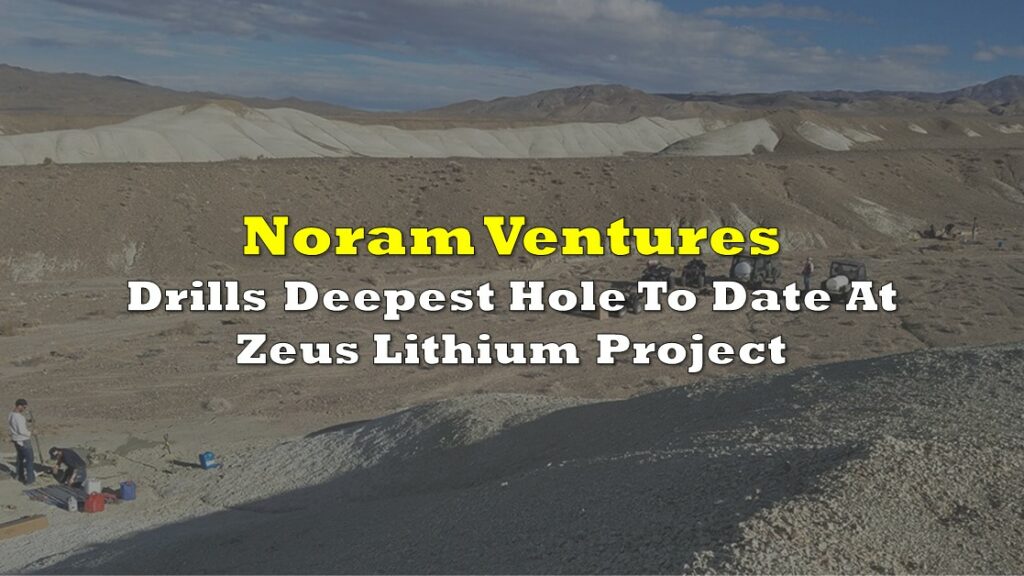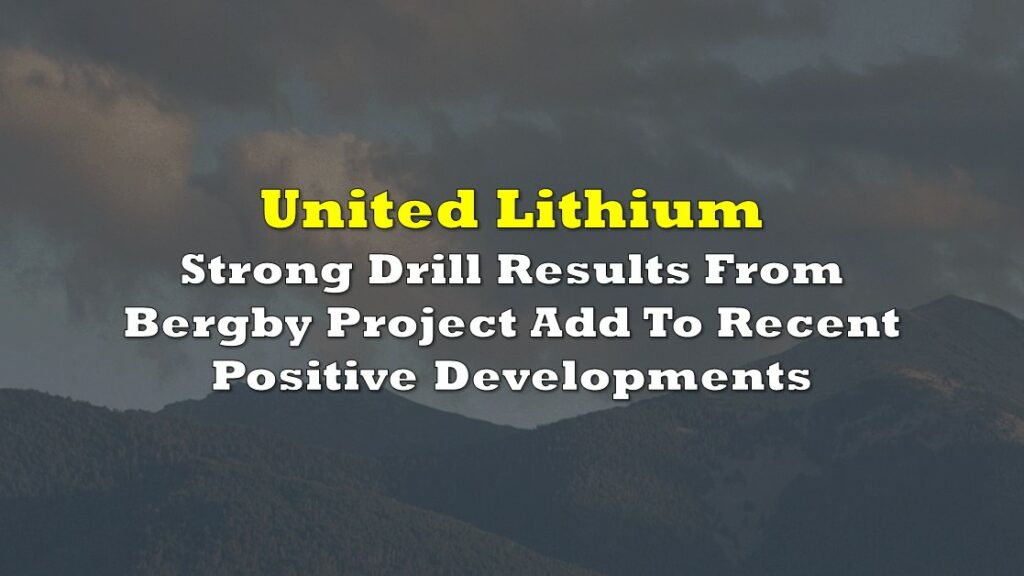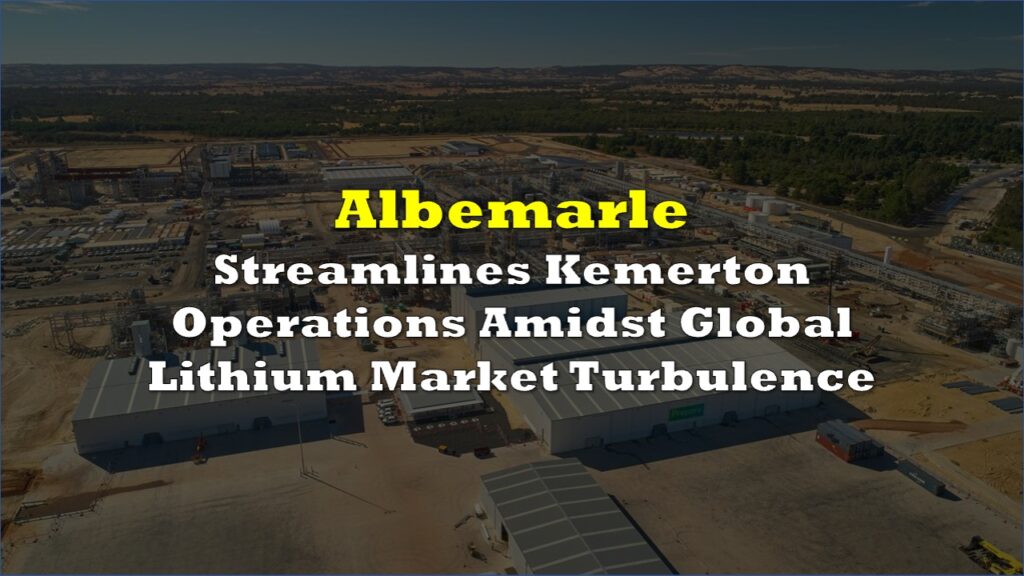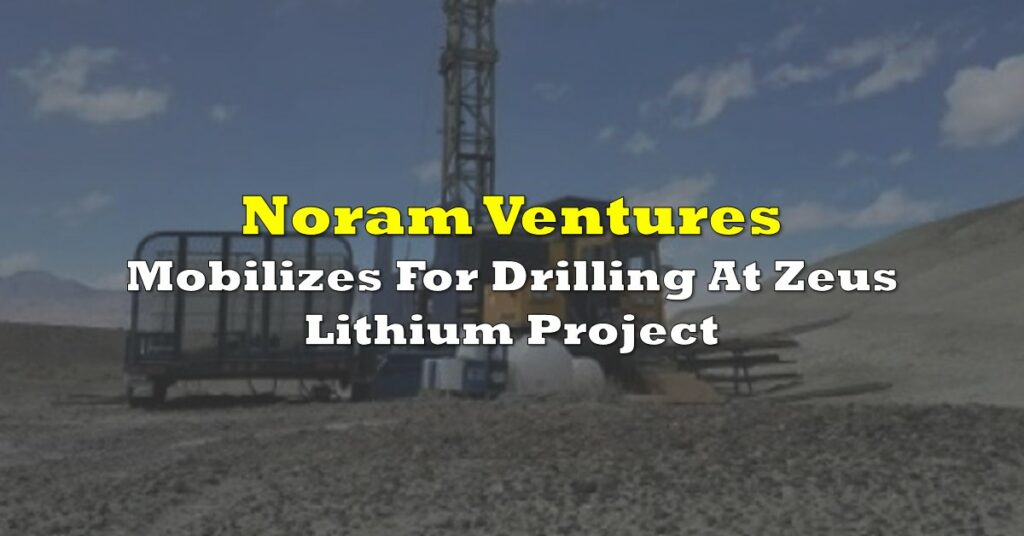Uh-oh! It turns out that electric vehicles— or at the least the materials making up their batteries— are not all that safe for human health despite their role in reducing carbon emissions. That is, according to the European Union, which may soon classify lithium metal as a hazard to humans.
As a result, major lithium producer Albemarle Corp (NYSE: ALB) may have to cease production at its Langelsheim plant in Germany should the EU make the move to classify the metal as a hazardous material, the company’s CFO Scott Tozier told Reuters. Lithium is an integral material in the manufacturing of electric vehicle batteries, and a critical commodity in cutting global carbon emissions, particularly among EU nations.
However, counterproductive to the EU’s climate-conscious agenda, the European Commission is in the midst of determining whether lithium carbonate, chloride, and hydroxide pose a risk to human health after receiving a proposal from the European Chemicals Agency (ECHA). Although the proposal does not outlaw the imports of lithium, it would restrict the use of the commodity and create additional costs for companies related to the material’s processing, packaging, and storage.
“Albemarle would no longer be able to import our primary feedstock, lithium chloride, putting the entire (Langelsheim) facility in jeopardy of closure,” warned Tozier in an email. “With sales of approximately $500 million annually, the economic impact to Albemarle from the potential closure would be significant.” A committee is expected to meet in early July to discuss the ECHA’s proposal, but aren’t expected to make a final decision until sometime at the end of 2022 or early 2023.
Over the past several years, both the EU and the US have been working on implementing policies to create supply chains independent of China for key electric vehicle, solar, and turbine materials. However, the proposed classification of lithium would “hinder the localization of the EU battery supply chain, and instead move the process to a non-EU location, thereby creating the need to import,” said Tozier. “Future battery recycling and cathode manufacturing would move outside of the EU. Albemarle would not be able to convert materials locally, and any EU lithium raw materials would need to be exported to create cathodes.”
Information for this briefing was found via Reuters. The author has no securities or affiliations related to this organization. Not a recommendation to buy or sell. Always do additional research and consult a professional before purchasing a security. The author holds no licenses.









